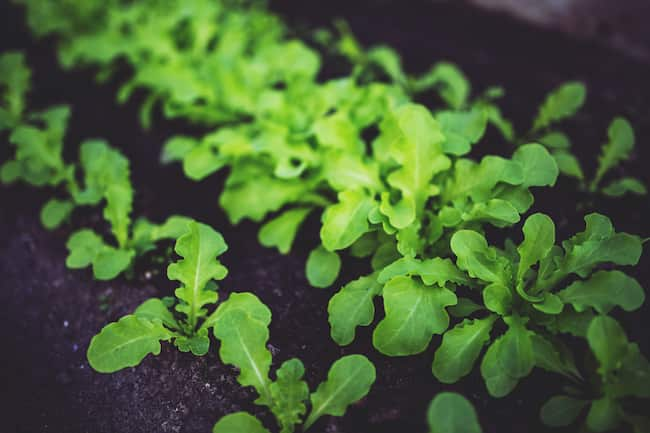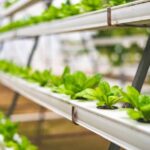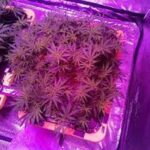Is Vertical Farming More Efficient?
Vertical farming is often touted as a more efficient way to produce food because it eliminates the need for land and can be done in a controlled environment. However, there are some drawbacks to vertical farming that make it less efficient than other methods of agriculture.
For one, vertical farming requires a lot of energy to maintain the proper conditions for plants to grow. Additionally, vertical farms typically only produce a small amount of food compared to traditional farms. As such, vertical farming may not be the most efficient way to produce food on a large scale.
Is vertical farming better than normal farming?
Table of Contents
The main advantage of vertical farming is that it doesn’t require land. This means that it can be done in places where there is little or no space for traditional farming, such as in cities. Additionally, vertical farming can be done in a controlled environment, which allows for more consistent results.
However, vertical farming has some drawbacks. First, it requires a lot of energy to maintain the proper conditions for plants to grow. Second, vertical farms typically only produce a small amount of food compared to traditional farms. As such, vertical farming may not be the most efficient way to produce food on a large scale.
Does vertical farming use less water?
Vertical farming generally uses less water than traditional farming methods, because it is done in a controlled environment. Additionally, vertical farming often utilizes hydroponic or aeroponic systems, which are more efficient with water than traditional soil-based systems.
However, some forms of vertical farming, such as those that use aquaponics, can use more water than traditional methods.
Why does vertical farming fail?
Vertical farming can fail for several reasons. First, it requires a lot of energy to maintain the proper conditions for plants to grow. Second, vertical farms typically only produce a small amount of food compared to traditional farms. As such, vertical farming may not be the most efficient way to produce food on a large scale.
Additionally, water usage varies depending on the type of vertical farm, and some forms of vertical farming can use more water than traditional methods. Finally, pests and diseases can be difficult to control in vertical farms, as they are enclosed environments.
What are vertical farming and its advantages?
Vertical farming is a type of agriculture where crops are grown in vertically stacked layers in a controlled environment. It is often touted as a more efficient way to produce food because it eliminates the need for land and can be done in a controlled environment. However, there are some drawbacks to vertical farming that make it less efficient than other methods of agriculture.
What are some of the advantages of vertical farming?
The main advantage of vertical farming is that it doesn’t require land. This means that it can be done in places where there is little or no space for traditional farming, such as in cities. Additionally, vertical farming can be done in a controlled environment, which allows for more consistent results.
What’s wrong with vertical farming?
The main disadvantage of vertical farming is that it requires a lot of energy to maintain the proper conditions for plants to grow. Additionally, vertical farms typically only produce a small amount of food compared to traditional farms. As such, vertical farming may not be the most efficient way to produce food on a large scale.
What types of crops can be grown on vertical farms?
Vertical farms can grow a variety of crops, although leafy greens are the most common. Other crops that can be grown on vertical farms include herbs, spices, fruits, and vegetables.
How does vertical farming work?
Vertical farming works by growing crops in vertically stacked layers in a controlled environment. The environment is carefully controlled to ensure that the plants have optimal conditions for growth.
What are the disadvantages of vertical farming?
The main disadvantage of vertical farming is that it requires a lot of energy to maintain the proper conditions for plants to grow. Additionally, vertical farms typically only produce a small amount of food compared to traditional farms.
As such, vertical farming may not be the most efficient way to produce food on a large scale. Finally, pests and diseases can be difficult to control in vertical farms, as they are enclosed environments.
Is vertical farming hydroponic?
Vertical farming can be hydroponic, aeroponic, or aquaponic. Hydroponic vertical farms use a nutrient-rich solution to water the plants, instead of soil. Aeroponic vertical farms mist the roots of the plants with a nutrient-rich solution. Aquaponic vertical farms use fish waste to fertilize the plants, and the plants help to clean the water for the fish.












